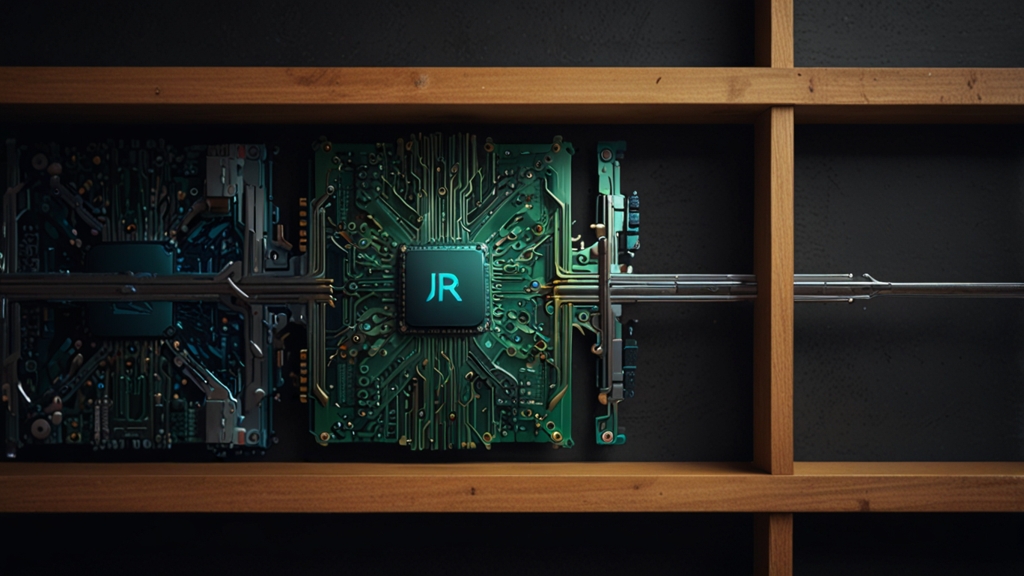What Makes Knowledge Reliable? An Epistemological Analysis
The quest for reliable knowledge is at the heart of epistemology, the branch of philosophy concerned with the theory of knowledge. What distinguishes true knowledge from mere belief, and how can we be sure that what we know is indeed accurate? These questions have puzzled philosophers for centuries and continue to be pertinent in our contemporary, information-rich society.
The Nature of Knowledge
Traditionally, knowledge has been defined as justified true belief. This definition hinges on three key components: belief, truth, and justification. One must believe a proposition, the proposition must be true, and there must be adequate justification for the belief. This tripartite model has been the foundation of epistemological studies for long, though it has faced various criticisms and refinements over time.
Belief: The Subjective Element
Belief is an essential component of knowledge. For someone to claim that they 'know' something, they must at least believe it to be true. However, belief alone is not sufficient for knowledge. Without the components of truth and justification, belief can remain in the realm of opinion or unsubstantiated conviction.
Truth: The Objective Criterion
Truth is the second pillar of knowledge. According to classical correspondence theory, a belief is true if it corresponds to reality. There are alternative theories, such as coherence theory, that suggest a belief is true if it coheres with a set of other beliefs. Regardless of the theory, the insistence on truth serves as a safeguard against falsehoods masquerading as knowledge.
Justification: The Rational Backbone
Justification separates knowledge from mere true belief. One might accidentally believe a true proposition without any rational basis, which wouldn’t qualify as knowledge. Justification involves providing reasons, evidence, or arguments that support the truth of a belief. The methods of justification can vary, incorporating empirical evidence, logical deduction, or even testimony from reliable sources.
"Knowledge is the small part of ignorance that we arrange and classify." - Ambrose Bierce
Reliability and the Role of Sources
The reliability of knowledge is heavily dependent on the sources from which it is derived. In contemporary contexts, sources range from scientific studies and historical records to news media and personal testimonies. The credibility of these sources must be critically evaluated based on factors such as expertise, methodological rigor, and potential biases.
One way to gauge the reliability of a source is through peer review and replication, particularly in the sciences. Peer-reviewed studies subjected to replication efforts by other researchers provide a higher level of credibility and reliability.
Epistemic Virtues and Skepticism
Epistemic virtues such as intellectual honesty, open-mindedness, and critical thinking play a significant role in assessing the reliability of knowledge. Emphasizing these virtues allows individuals to distinguish between well-founded knowledge claims and those that are dubious or speculative.
"The first principle is that you must not fool yourself—and you are the easiest person to fool." - Richard Feynman
Skepticism, though sometimes seen as a hindrance, is actually a valuable epistemological tool. A healthy degree of skepticism compels us to question the durability and robustness of our knowledge. This questioning leads to deeper investigations and, consequently, more reliable conclusions.
The Dynamics of Evolving Knowledge
Knowledge is not static; it evolves. History is replete with examples where accepted knowledge was later refuted and replaced by more refined understandings. This dynamic nature underscores the importance of adaptability and openness to new information.
For instance, scientific revolutions as described by Thomas Kuhn illustrate paradigmatic shifts where new models of understanding replace older ones. While such shifts can be disruptive, they are essential for progress and enhance the reliability of knowledge over time.
Conclusion
Reliable knowledge is the cornerstone of informed decision-making and intellectual progress. Its components—belief, truth, and justification—are intertwined with the reliability of sources, epistemic virtues, and the adaptability to new information. By critically evaluating these aspects, we can navigate the complex landscape of information and come closer to genuine understanding.
Ultimately, reliable knowledge is cultivated through a disciplined approach that balances skepticism with open inquiry. As we continue to explore the depths of what we know and how we know it, the intrinsic value of reliable knowledge will remain ever more pertinent in our quest for truth and enlightenment.










